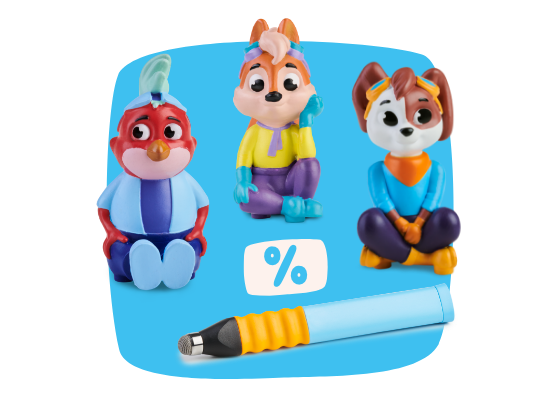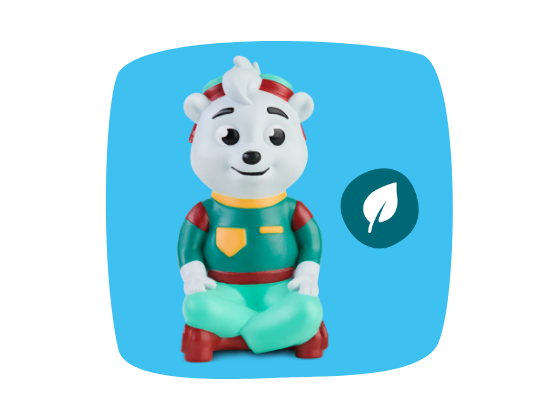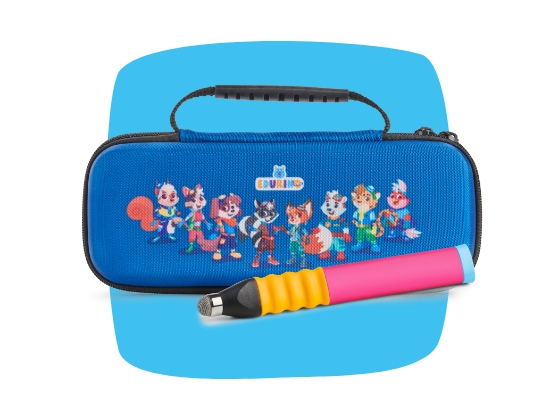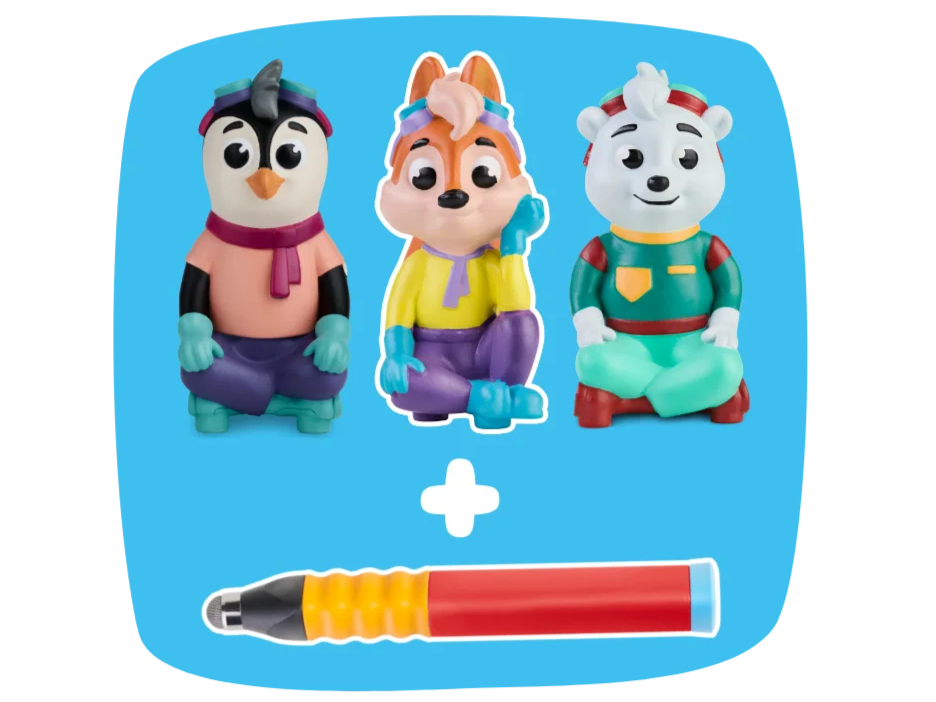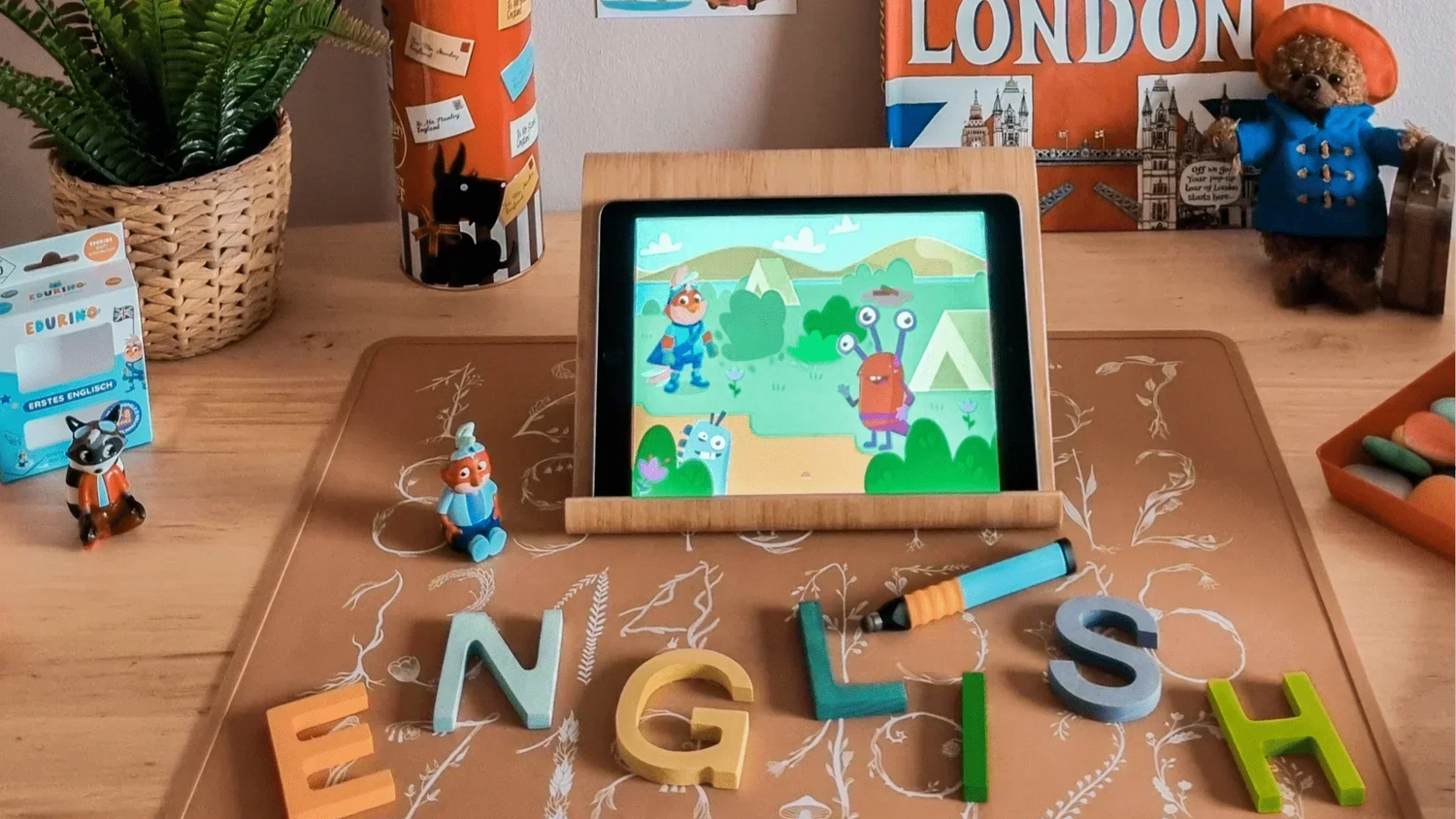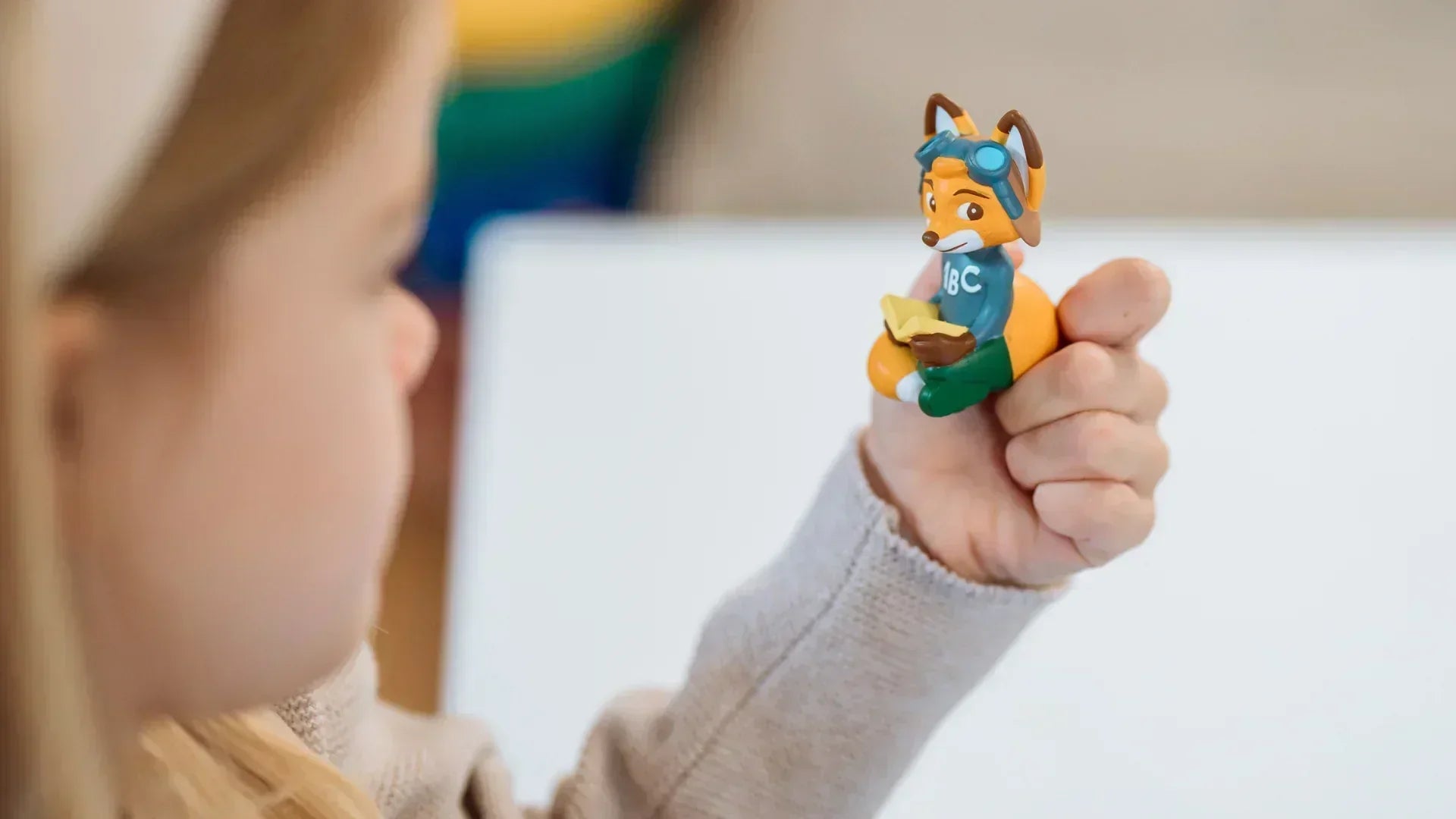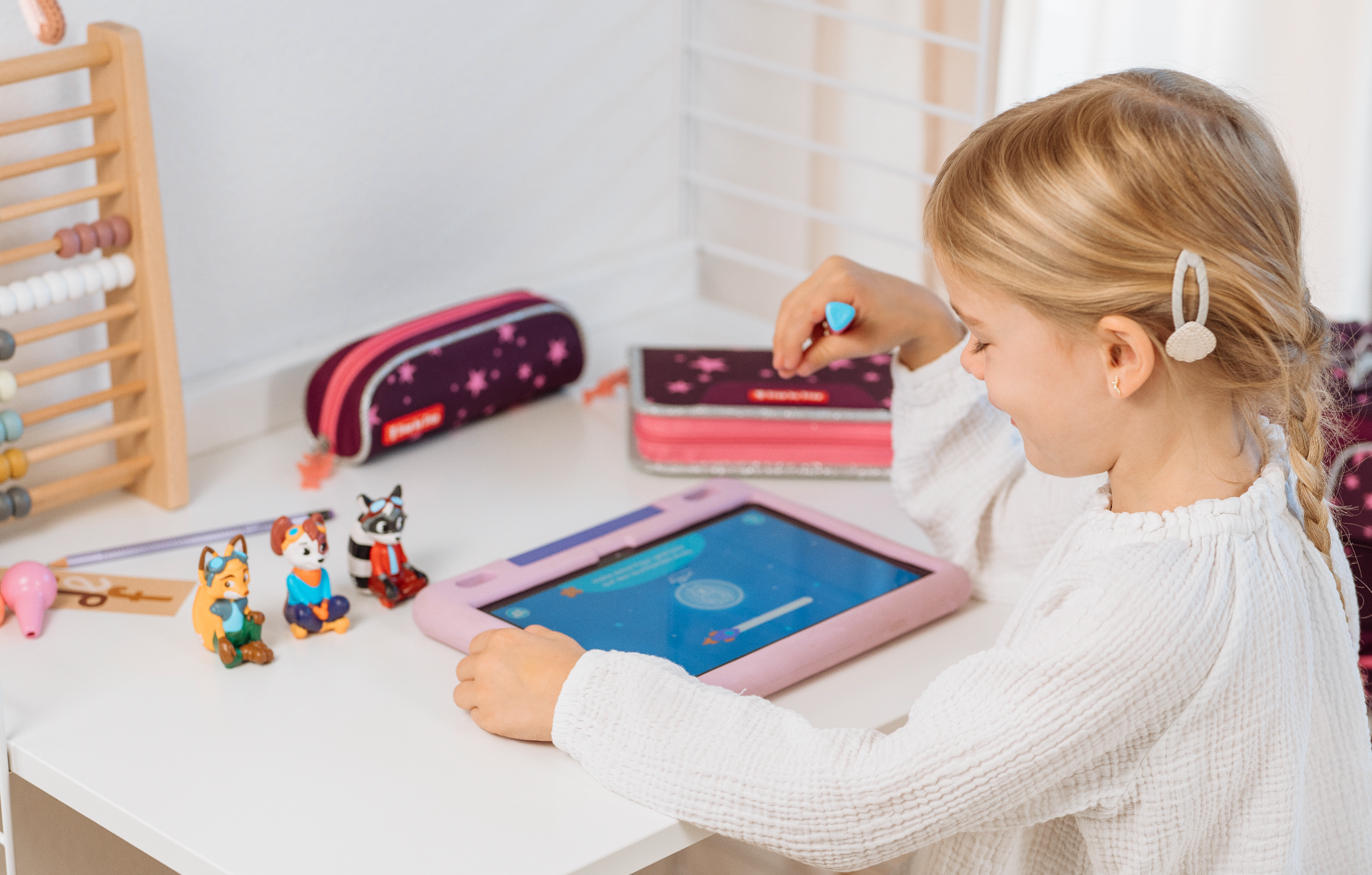The ability to master more than one language opens the door to a world full of cultural diversity and new opportunities. But when is the best time to begin this journey? When should children start learning a second foreign language like English? We'll clarify the optimal time frame for starting a foreign language and which methods are effective for integrating English into your child's everyday life in a playful way.
The right age to start bilingualism
Early Childhood Development (0-3 years): In the first few years of life, children are particularly receptive to languages. It's never too early to begin exposure to a foreign language. Listen to songs, stories, or simple expressions in the foreign language together to develop hearing and language comprehension.
Preschool age (3-6 years): Starting in preschool, children can be introduced to the new language in a playful and enjoyable way. Interactive games, songs, books, and activities can make the learning process engaging.
Primary school age (6-12 years): At this age, children are able to understand more complex language structures and can already communicate in a simple way. Starting school is often a good time to begin formal language instruction.
Adolescence (12+ years): Teenagers in this age group can also successfully learn a foreign language. Although it may require somewhat more time and effort than in younger years, they benefit from a deeper understanding of grammatical concepts.
Playful approaches to children's language acquisition
- Songs and music
- Picture books and stories
- Everyday situations as role plays (e.g. shopping)
- Greeting and farewell situations
- Group activities and team sports
- Crafts in a foreign language
- EDURINO - Playful Language Bath Niki "First English"
The language bath method
A language bath, also known as "language immersion," is a method of foreign language learning in which a person is immersed in an environment where the target language is pervasive and predominant. The term "language bath" reflects the fact that the person is literally surrounded by the target language, similar to bathing in water.
The idea behind language immersion is that intensive and continuous exposure to the target language in a natural context can accelerate and enhance language acquisition. This approach aims to develop language comprehension, communication skills, vocabulary, and grammar through daily listening, speaking, reading, and writing in the target language.
How EDURINO's character Niki supports your child in learning English
In the EDURINO learning game "First English" with Niki the bird, your child embarks on their first journey into the world of English. The principle of language immersion is actively used here. This means Niki communicates exclusively in English. But don't worry, it's intentional that your child won't understand everything right away. With the help of the visual instructions, your child will still know what to do. This way, they will automatically connect the actions with the appropriate terms in their minds.
With Niki, your child will develop a first feel for the English language through various approaches and slowly and playfully learn everyday vocabulary such as animals, colors, and fruits. Building on this, they will interact with the newly learned words by sorting, connecting, and organizing them, and consolidate their newly learned vocabulary through alternating exercises of increasing difficulty.
Our educational concept offers children the ideal first contact with the English language and was developed together with a team of speech therapists, primary school teachers and kindergarten teachers.
Discover Niki's learning world "First English from 4"
It's important to emphasize that it's never too late to learn a foreign language. Individual learning style, learning environment, and motivation all play a crucial role. Continuous exposure, practical application, and regular practice are the keys to success, regardless of the starting age. Ultimately, the best time to introduce a foreign language is the time that best suits the child's individual needs, abilities, and goals. Have fun immersing yourself in the English language world!
Your EDURINO team
